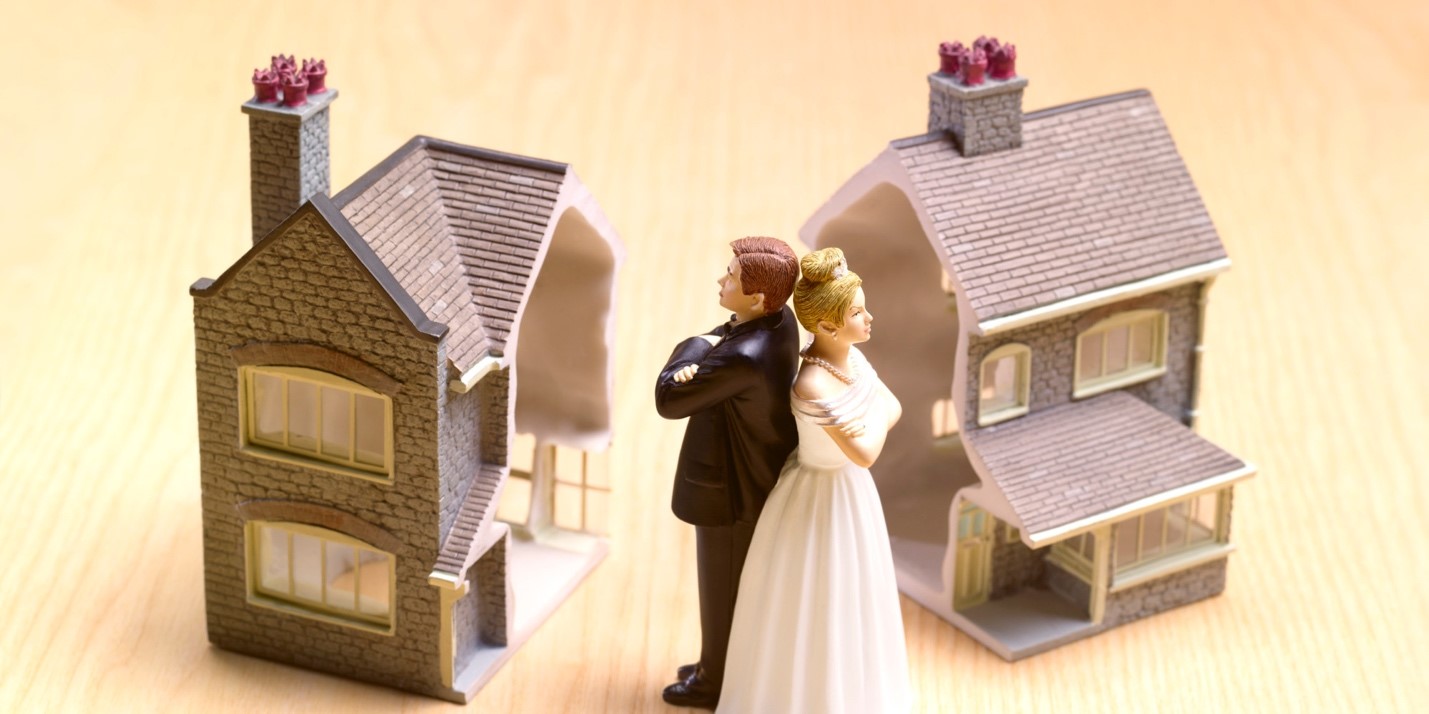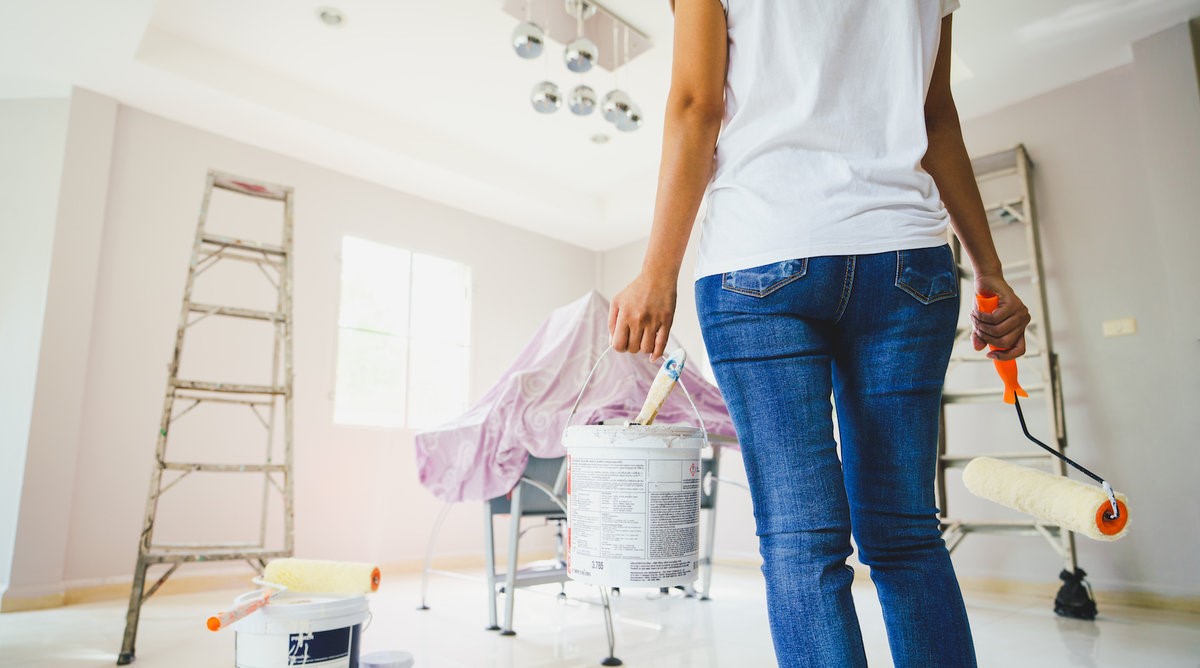What You Need to Know About Selling a Home When Divorcing

Moving is one of the top five most stressful life events. Divorce ranks in the top five as well. Put those two together and you have a meltdown in the making. If you and your spouse own a home together and you are divorcing, you are going to have to figure out what you’re going to do about the house. This can be challenging under the most amicable of situations and can be devastating when there is bitterness and fighting.
Since your home is likely the greatest asset that you share, selling it is often necessary when parting ways. Sentimental value may entice one or the other of you to want to keep the home, but financial implications may keep you from doing so. Understanding how divorce affects the sale of a home is crucial. The emotional aspect of splitting up your family can sometimes impair your judgement but making a poor decision regarding your home can have lasting ramifications, long after the divorce is finalized.
Whether one spouse wants to buy out the other and keep the home or both want to sell and split the equity, selling a house while getting divorced is a rocky road that needs to be navigated intelligently. When two people are willing to deal with each other in a peaceful, respectful way, it certainly makes the whole process easier. But often this is not the case in these situations. Division of a home is not simple.
When each spouse contributed to purchase the home - even if one paid more than the other - you are both going to want your fair share out of it. Ideally, you will be able to work with an attorney or mediator to come to an agreement out of court, but if you can’t, a judge will decide for you. This can be a very unpleasant experience for all parties involved. If both your incomes were factored in the purchase of the house, chances are when you split that in half, neither of you can afford it on your own. If that is the case, the best solution is to sell the home and divide the assets. There are also tax implications that should be considered when you are trying to decide if you should sell before you divorce or after. Capital Gains Tax and Divorce: How to Preserve Your Biggest Home Sale Tax Break
Should one of you decide to stay in the home, there are a couple of different ways to make that happen. First, if you have the financial means to do so, you can take over the mortgage by refinancing. This means you must qualify for the loan and be able to make the monthly payments on your own. Your ex-spouse will be completely out of the picture. Another way is to continue co-owning the property. Perhaps you have children and want to keep them in their home. While this is the least disruptive option, it is precarious and requires a lot of trust. It would have to be a very civil and friendly divorce for this to work because both parties will be responsible for the mortgage and upkeep of the house. The bottom line is that if you plan to stay in the home, you better be sure you can afford it. It would be prudent to work out a budget before you make the decision. 5 Simple Steps to Create a Successful Budget
With all the financial and emotional issues that get wrapped up in the sale of a home during divorce, it’s crucial that you know what you want prior to meeting with your Realtor. It is best for you to meet with your attorneys for them to guide you through the process of deciding how to split the equity. Once you have that done, seek out an experienced Realtor like Sandra Nickel, who will gently guide you through the process with as little stress as possible.
Photo Credit: quickhomeoffers.com










 Make sure that you have done your part to make the outside of your home look nice.
Make sure that you have done your part to make the outside of your home look nice.  Arrange for a pre-listing home
Arrange for a pre-listing home 






